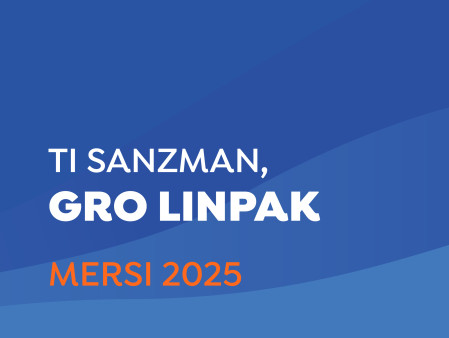
Several industries are being driven by the transformative power of Artificial Intelligence (AI). The insurance industry is no exception. AI has the potential to revolutionise the way insurers operate and interact with their customers. In view of boosting customer loyalty, offerings are shifting from a static, annual renewal model to a dynamic, personalised model, as revealed in the recent report published by McKinsey & Company “Insurance 2030—The impact of AI on the future of insurance”.
Engaged customers are more likely to become loyal advocates, purchasing additional products, renewing their policies, and spreading positive word-of-mouth. In the insurance industry, where trust and long-lasting relationships are essential, effective customer engagement strategies can set companies apart and foster sustainable growth (Leung et al., 2022). Unlike traditional one-size-fits-all policies, insurers now have to think about offering customised coverage and services that can be developed by analysing factors like demographics, lifestyle, and past behaviour (Tereszkiewicz & Południak-Gierz, 2021). Such personalisation certainly enhances relevance and value for customers by aligning solutions with their unique requirements.
To this end, machine learning algorithms can be used to empower insurance companies to analyse massive volumes of data to identify patterns, trends, and correlations that might be missed through traditional methods (Bharadiya, 2023). By learning from historical data, these algorithms can make accurate predictions and recommendations, allowing insurers to personalise products and services. Insurers can equally benefit from predictive analytics, leveraging AI techniques to anticipate customer behaviour, assess risks, and identify opportunities for personalised interventions and communication. By predicting potential claims, losses, or changes in preferences, insurers can proactively tailor offerings to mitigate risks and optimise customer satisfaction. By leveraging AI-powered chatbots and virtual assistants, insurers have the possibility to offer 24/7 customer support.
AI can equally allow staff at insurance companies to focus more on customer relationship and strategy by automating certain tasks such as data collection and risk assessment within the underwriting process. Machine learning algorithms can analyse vast datasets to identify patterns and predict potential risks more accurately, enabling insurers to make faster and more informed underwriting decisions. This, in turn, can lead to more efficient pricing and improved profitability as well. Claims processing is another area where AI can significantly improve efficiency via automation. Routine tasks like document verification and fraud detection can be carried out via AI, reducing processing time and costs.
However, the adoption of AI in the insurance industry also presents challenges. Ensuring data privacy and security is paramount, as AI relies on large amounts of sensitive customer data. Additionally, there is a need for a skilled workforce to develop, implement, and maintain AI systems. As AI continues to evolve, the insurance industry will need to adapt to stay competitive.




